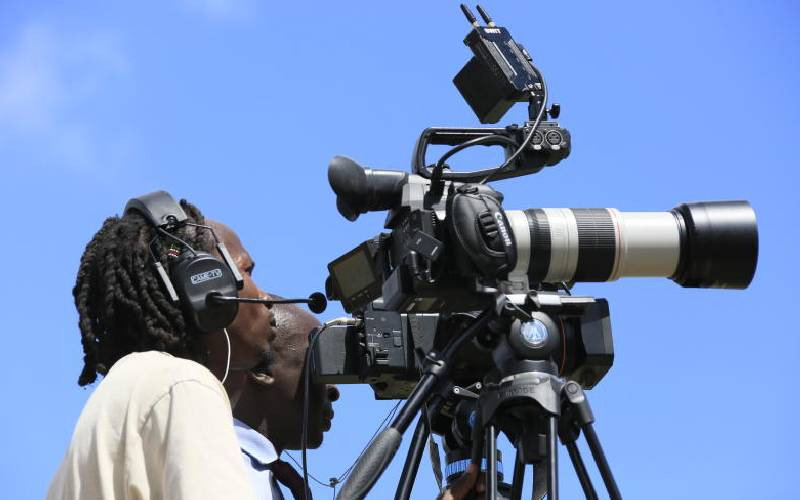×
The Standard e-Paper
Smart Minds Choose Us

That the media industry has been undergoing hard times is an open secret. But it is a different ball game when official government policy seems to target the sector directly to further diminish its fortunes.
The onslaught has been ongoing since former President Uhuru Kenyatta declared that 'newspapers are for wrapping meat'. This was one of the lowest moment for him and his administration.